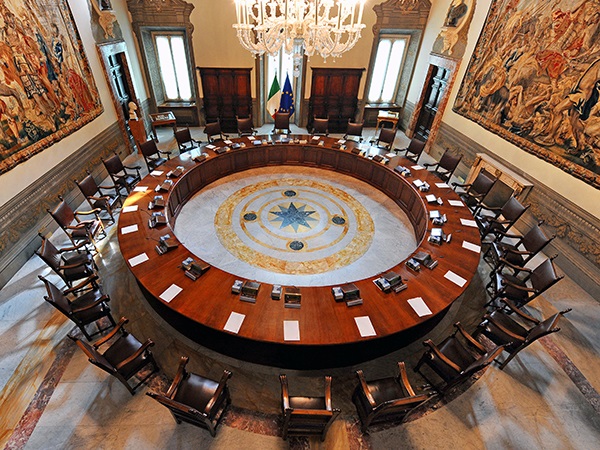10 December 2021
Editor’s Note: we consider this “leather decree” in Italy as an important step to protect both the industry itself and consumers from intended deception

In Italy, the leather industry has made a major breakthrough. As we discussed in our article on false labeling, the misuse of terminology for materials is causing significant issues for the leather industry and confused customers who want to buy quality products. Report by One 4 Leather.
Leather has been, in many countries, pretty clearly defined as a material. Our world has changed over the decades, and the existing Italian law from 1966 no longer meets the current situation. Terms like vegan leather, bonded leather or even faux leather, have created a rampant misuse of the term. The new decree announced on 28 May 2020, finally protects the term “leather” adequately against misappropriation.
As UNIC states in their press release: “The new law […] will finally replace the now obsolete law of 1966. Among other measures, in addition to a more correct definition of the terms “pelle” e “cuoio” and in line with the EU and the technical legislation, the culmination of the association’s long battle to ensure the correct use of leather terminology, it will expressly forbid the use of the words “pelle” e “cuoio”, even as prefixes or suffixes, to identify materials not having animal origin, as we find today with the unorthodox terms faux leather, vegan leather and the like used for synthetic or other alternative materials.”
The aim is to have a clear, unambiguous indication of the materials used and eliminate potential obstacles to proper market operation,” writes La Conceria on the topic. UNIC, the Italian tanner organization, is very happy with this result. The decree offers solid proof for other countries about the necessity of a clear policy on how to identify and label materials.
Read the entire article about the leather decree.
Following the Italian decree, COTANCE has called on the EU Commission to regulate the use of the term leather.

使用條款 | 隱私政策 | APLF 可持續發展